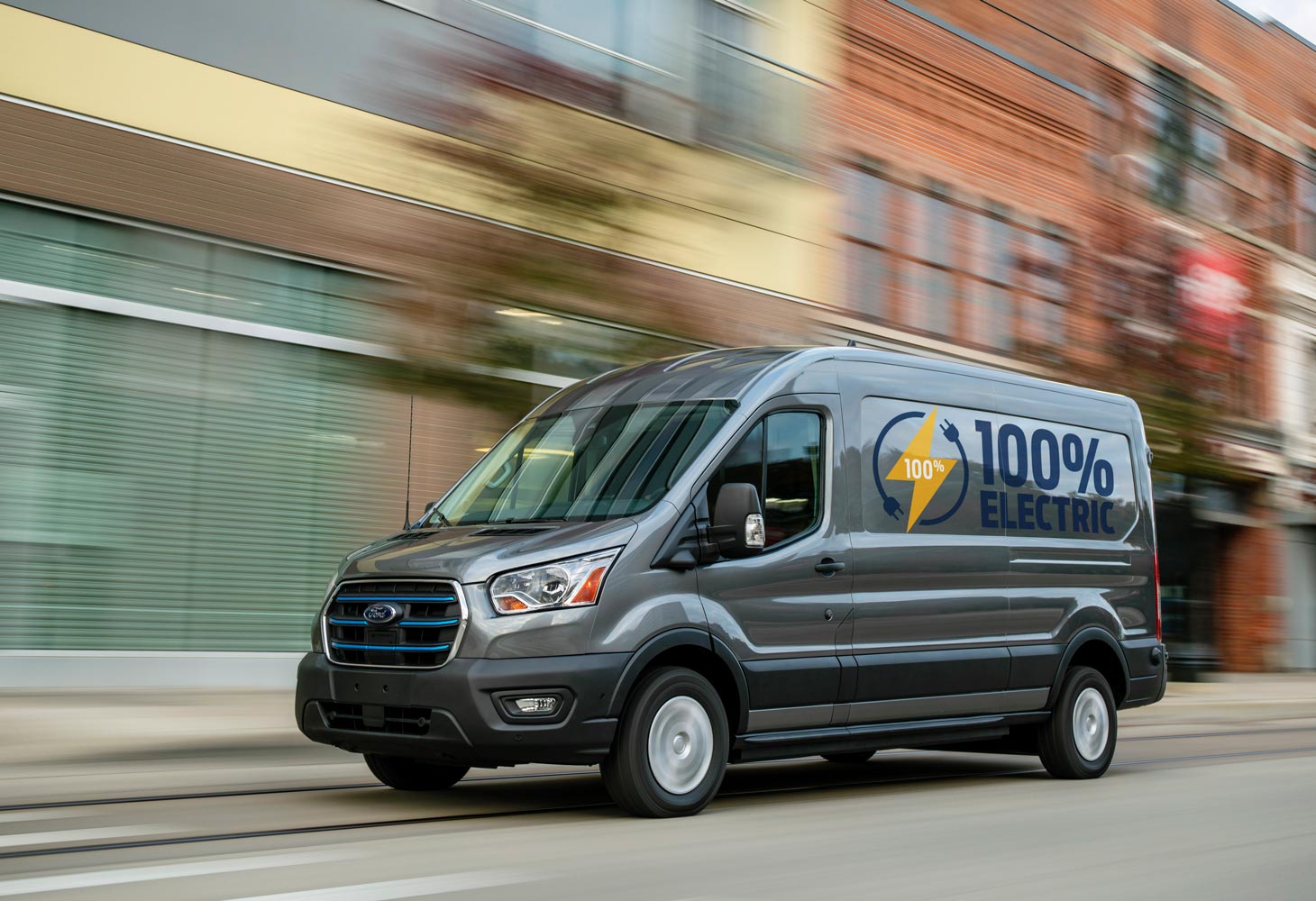
Ford to boost investment in electric and autonomous vehicles
Following GM’s announcement to become carbon neutral by 2040, U.S. automaker Ford Motor Company announced plans to invest more than USD22 billion in electric vehicles (EVs) and USD7 billion on autonomous vehicles (AVs) over 10 years through 2025 – USD5 billion of that from 2021 forward – as part of its Ford Mobility initiatives.
In the fourth quarter, Ford customers in the U.S.A. began taking delivery of the all-electric Mustang Mach-E; the Bronco Sport, ahead of the summer return of the legendary Bronco; and the 2021 F-150 pickup, which are expected to be significant contributors to the company’s 2021 results.
“The transformation of Ford is happening and so is our leadership of the EV revolution and development of autonomous driving,” said Ford President and CEO Jim Farley. “We’re now allocating a combined USD29 billion in capital and tremendous talent to these two areas, and bringing customers high-volume, connected electric SUVs, commercial vans and pickup trucks.”
Doubling Down on Connected EVs
Farley said Ford will now invest at least USD22 billion in electrification through 2025, nearly twice what the company had previously committed to EVs. He said the company is “all in and will not cede ground to anyone” in developing and delivering connected electric vehicles and services in mainstream areas of strength for Ford: pickups, commercial vans and SUVs.
“We are accelerating all our plans – breaking constraints, increasing battery capacity, improving costs and getting more electric vehicles into our product cycle plan,” Farley said. “People are responding to what Ford is doing today, not someday.”
The Mustang Mach-E, he said, is receiving great customer and critical reviews, and will be followed by the first E-Transit commercial van (late 2021) and an all-electric F-150 pickup (mid-2022). He added that EVs will be fundamental to the Lincoln luxury brand and the Transit commercial lineup, the latter across a variety of body styles and customized interiors.
Ford’s development and delivery of connected vehicles will be enhanced by a new, six-year partnership with Google announced earlier. The two companies are establishing a collaborative group – Team Upshift – to unlock personalized consumer experiences, and create and make the most of data-driven opportunities.
The relationship will help Ford accelerate its transformation in key areas – modernizing operations, disrupting how it does things, partnering for expertise and efficiency, and creating must-have products and services – through Google’s operating system, apps and services.
As EVs become primary in Ford’s lineup, he said, dedicated manufacturing capacity for them will expand around the world. To date, the company is producing electric vehicles or plans to in Michigan (F-150); Missouri (E-Transit); two plants in Canada (SUVs); and Mexico and China (Mach-E), with others to follow.













